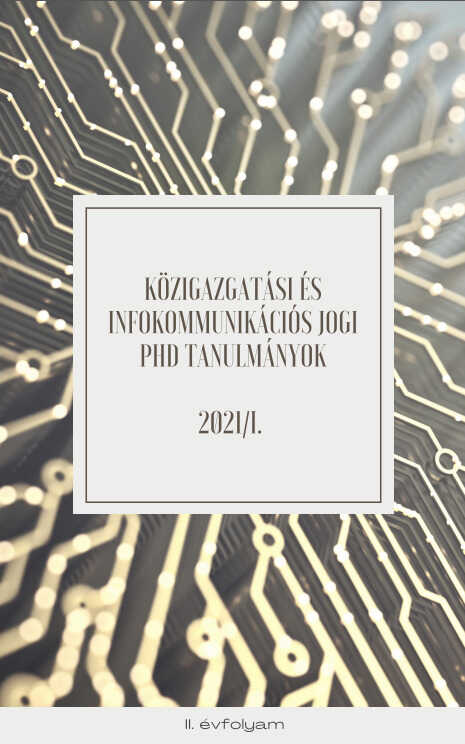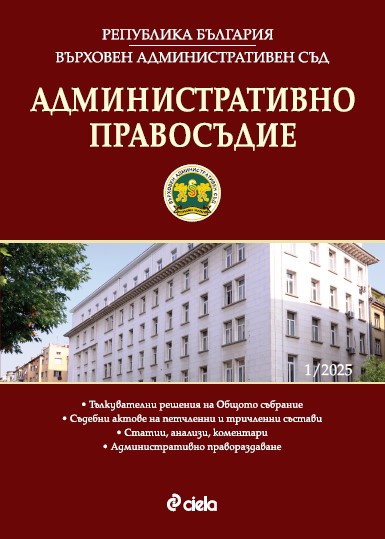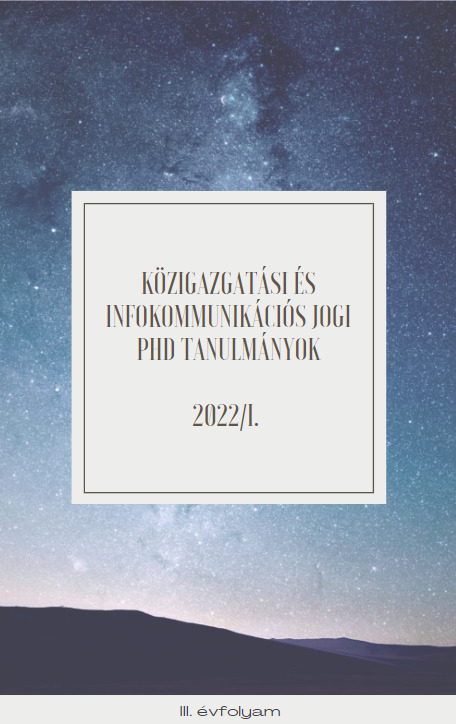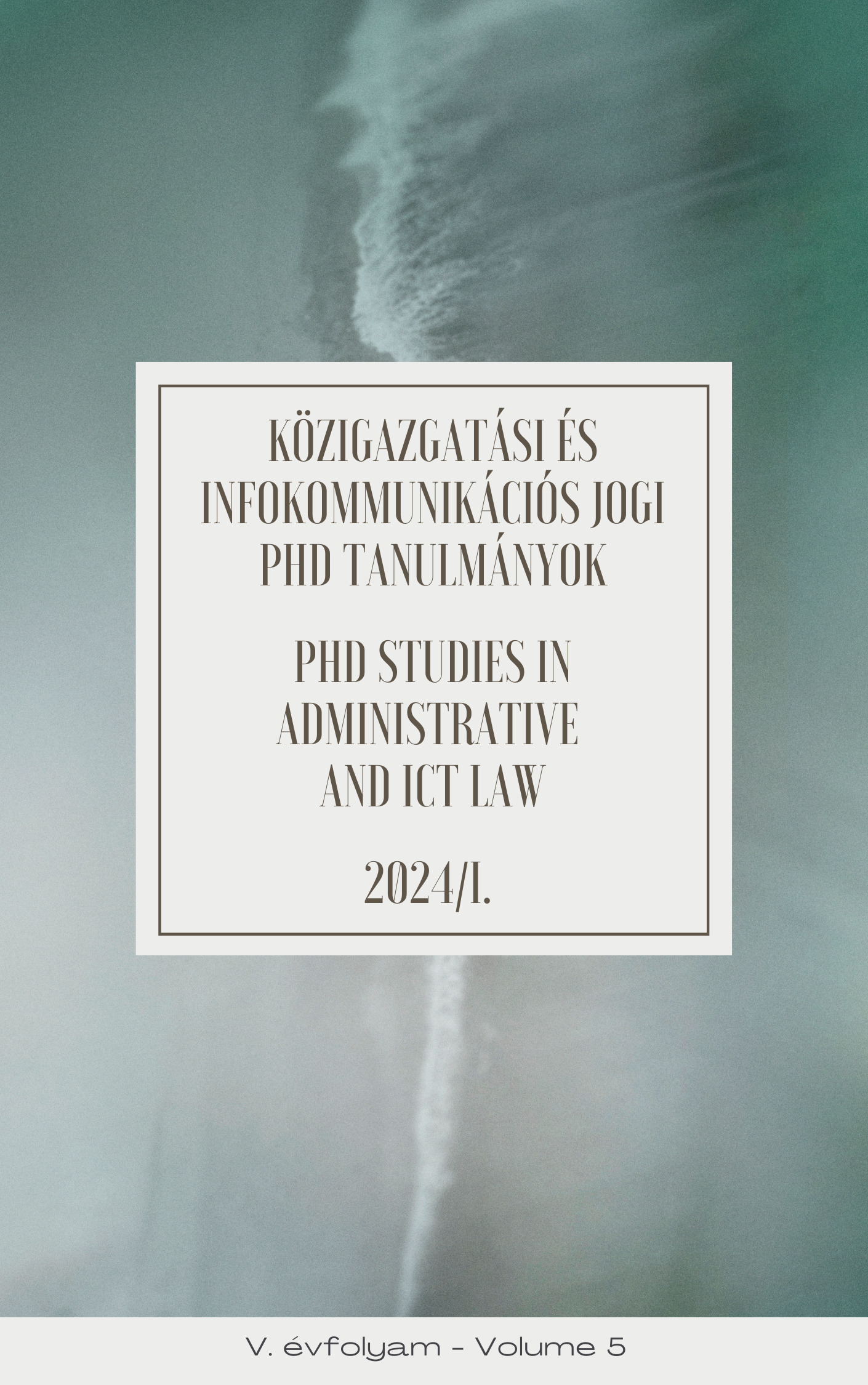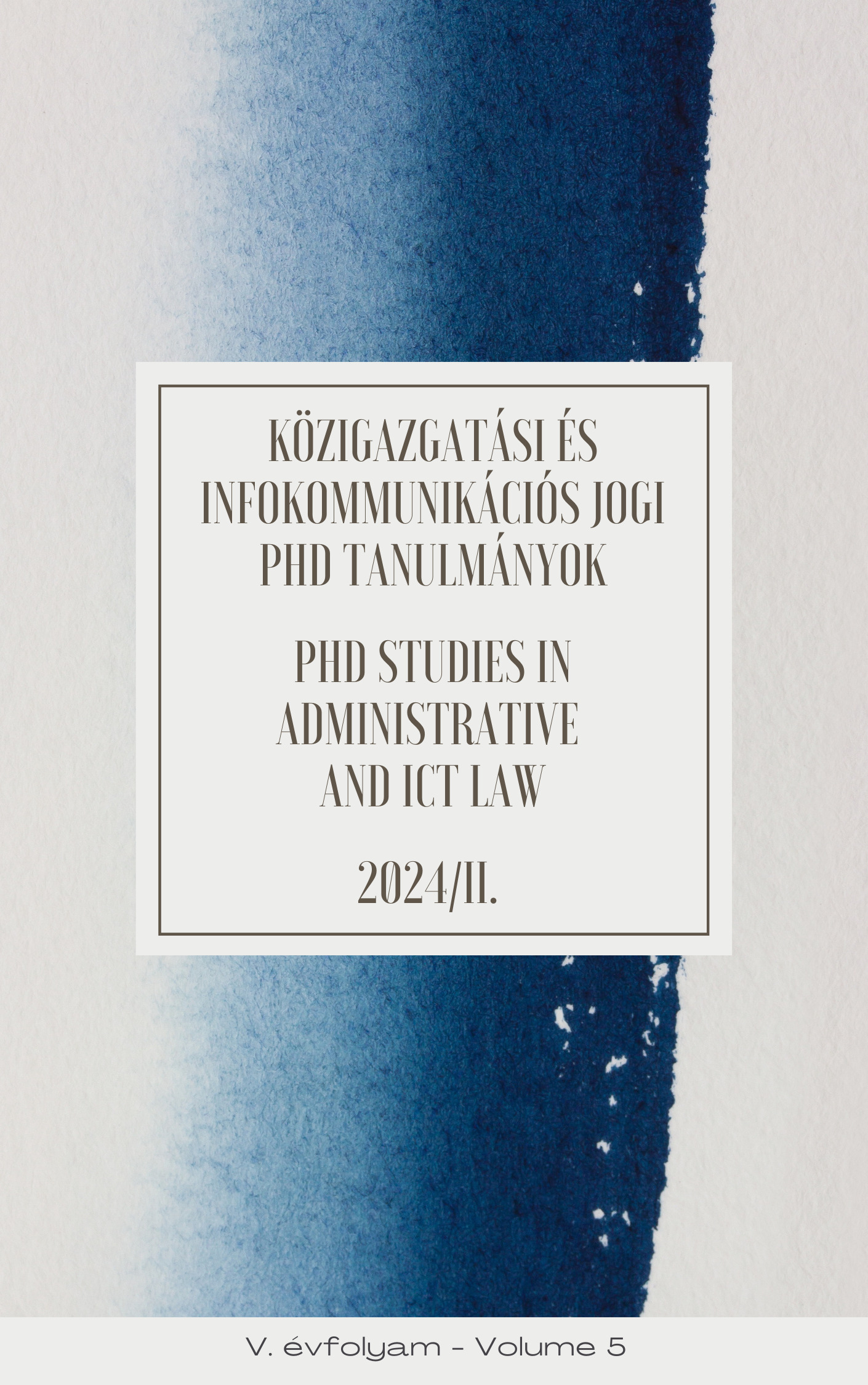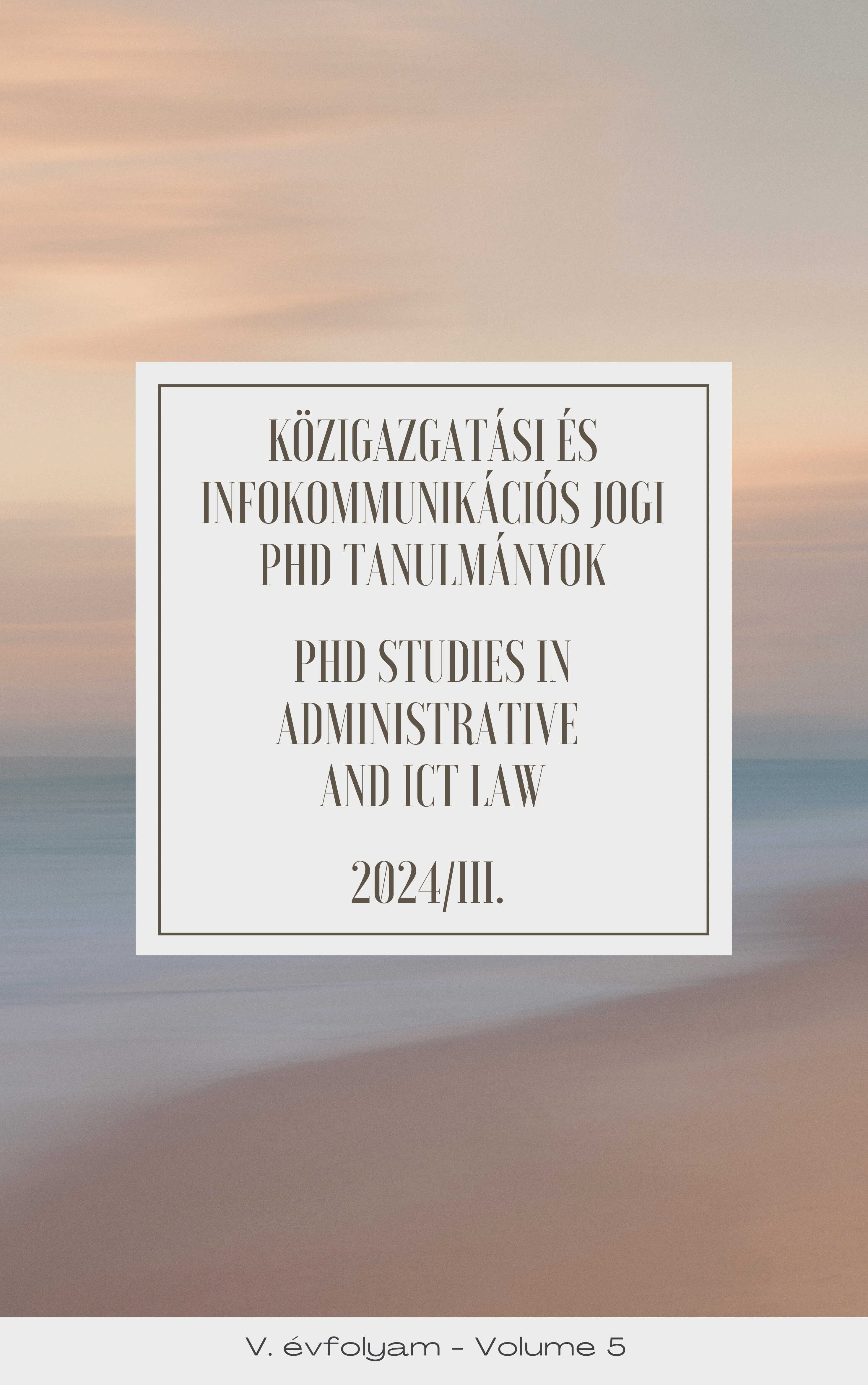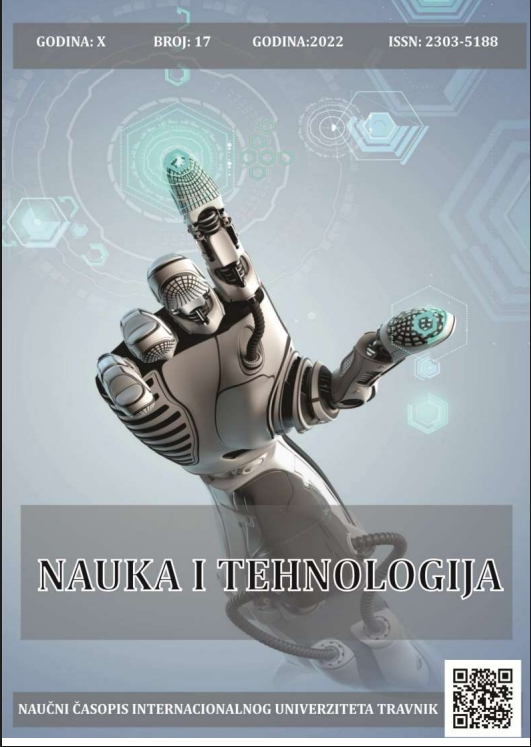
CRITICAL REVIEW OF DETERMINING THE PRINCIPLES OF LEGALITY OF PUBLIC ADMINISTRATION IN THE ASPECT OF FINANCIAL MANAGEMENT AND CONTROL
The paper analyzes the establishment of the functional work of public administration, with special reference to local self-government units. The application of appropriate principles of public administration, appropriate to the acquis communautaire, but also the establishment of financial management and control, ensures the desired effects, which are expected from public administration and other users of budget funds. The existing legal framework, as well as guidelines for internal control in the public sector, are a guarantee of the establishment of a modern and high-quality public administration, as the public wishes. The aim of this paper is to analyze the principles of legality of public administration, the extent to which the principles are in the legal norms of a particular legal system, and the extent to which financial management and control affect the realization of the legality of public administration. The dogmatic method shows the legality of public administration, while the comparative method compares the application of the principles of administrative procedure with the outcomes of the established appropriate functional system of financial management and control of public administration, with special reference to the satisfaction of public administration users, all employees and budget managers.
More...
